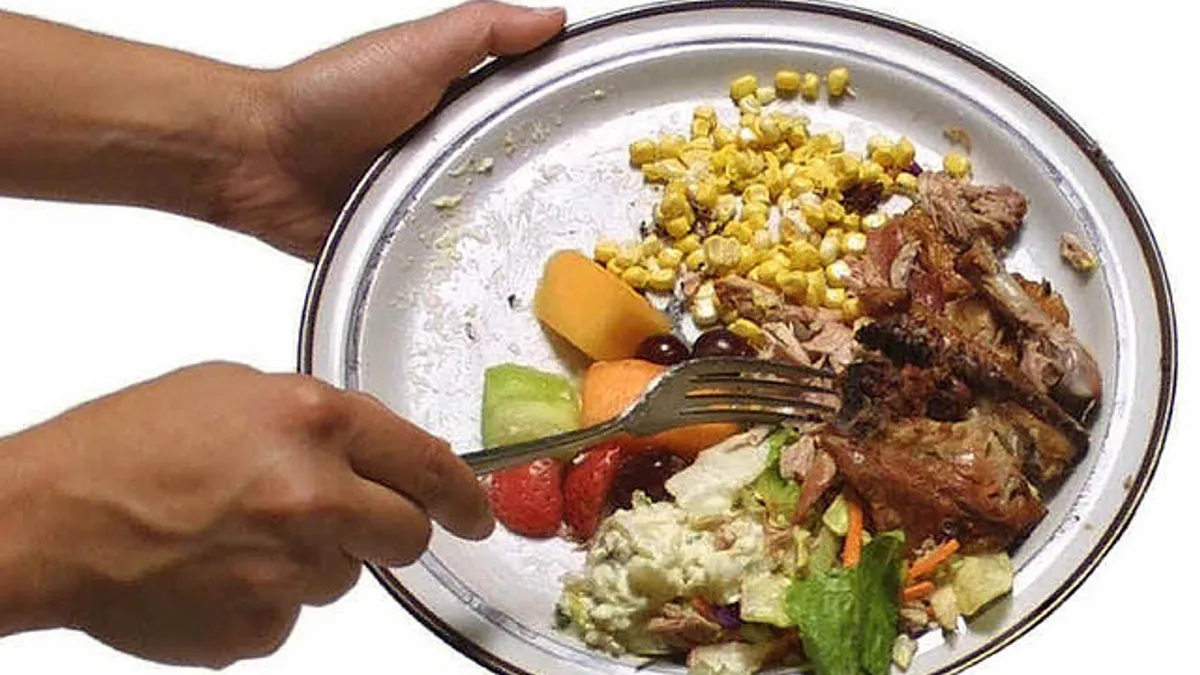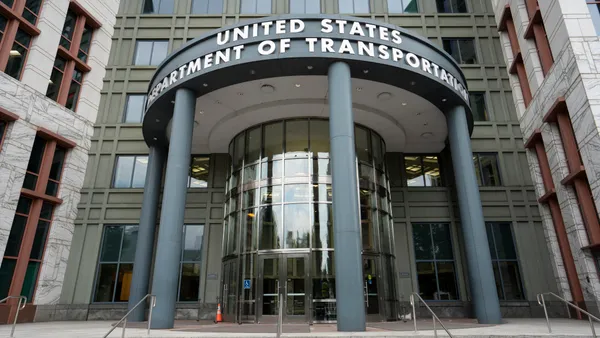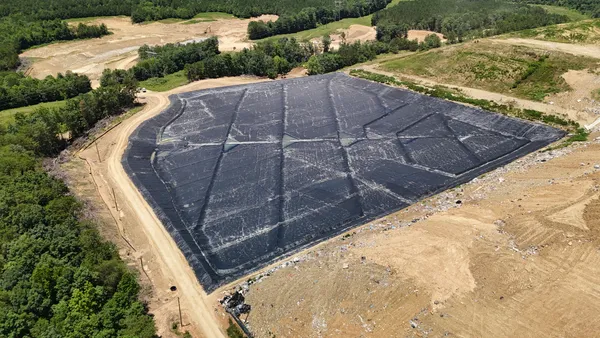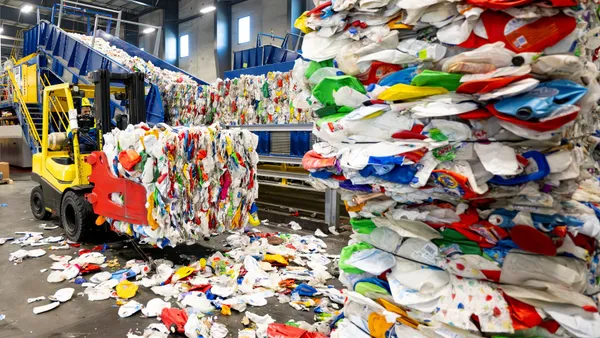Dive Brief:
- Since starting Compost Crusader LLC, Milwaukee resident Melissa Tashjian has expanded her commercial client list to 55 with more to come. Two years ago she was operating out of an old dump truck and now she has two larger collection vehicles.
- Last month her company collected 115,000 pounds of food scraps from around the Milwaukee area. The material is taken to the Blue Ribbon Organics compost farm outside the city.
- Tashjian is currently bidding to run a one-year pilot program in select areas of the city. Residents would pay a fee for separate food and yard waste collection.
Dive Insight:
Small-scale collection companies have become very popular as demand from residents and businesses outpaces what some municipalities can offer. Some of Tashjian's customers — including schools, hospitals, and restaurants — pay extra for separate organics collection, but are happy to do so out of a commitment to running more sustainable businesses.
Yet the economics of starting any waste business, even a popular one, can be difficult. Tashjian still works part-time as a server at a restaurant and according to one story in January she wasn't taking a paycheck from her company at the time. Nevertheless, she doesn't seem deterred.
"I think that in one year from now I'll have at least a hundred customers," Tashjian told the Journal-Sentinel. "... I want to just keep growing and spreading the message because it makes sense and so many other states and cities are doing it successfully."
Inspired by the EPA's goal of reducing food waste 50% by 2030, along with other similar state and local initiatives, many companies have seen potential in the organics field. This trend has spurred similar small-scale collection companies in Washington, D.C., Boston, Philadelphia, Cleveland, and Chicago. A recent report from the coalition Rethink Food Waste Through Economics and Data estimated that a comprehensive strategy to fight food waste could even generate up to $100 million in economic benefits.













